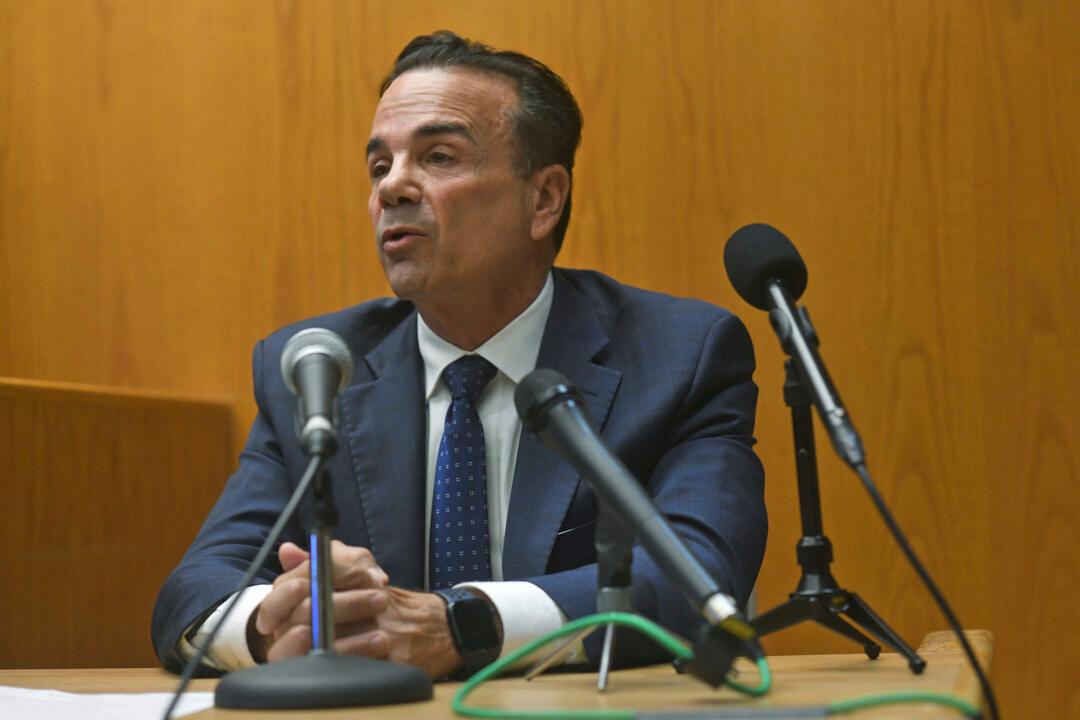It took conscience, courage, cameras, and a court to overturn the results of the corrupted Sept. 12 Bridgeport, Connecticut Democrat mayoral primary election.
The conscience and courage came from the as-yet-unidentified whistleblower who provided the incriminating footage to the public.





